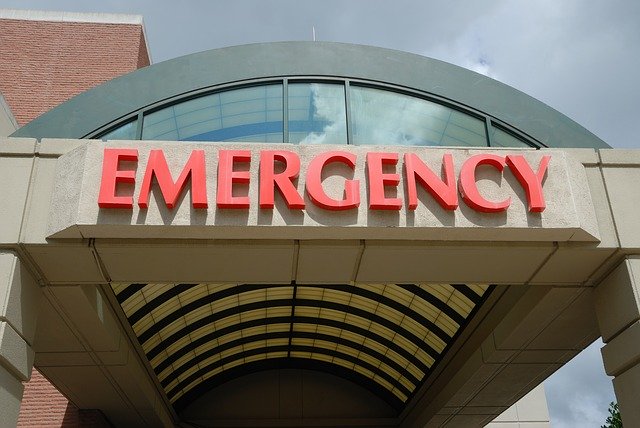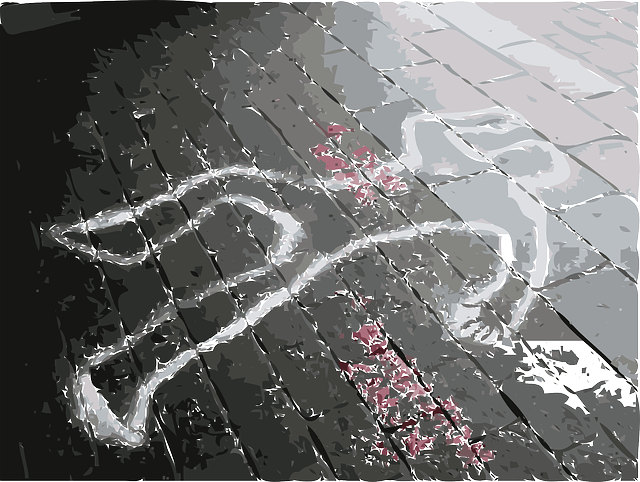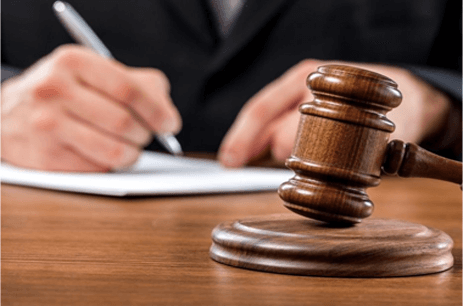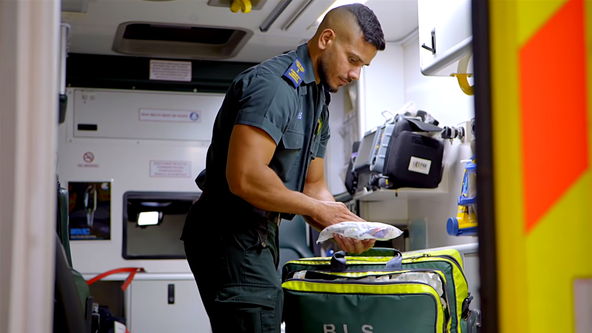Speeding is one of the most common road traffic offences committed on UK roads, and it can have fatal consequences. Nobody is ever in that much of a rush to justify breaking the set national speed limits and put their, and other lives, in danger; it’s really not worth the consequences. Driving at speed… Continue reading Road Traffic Offences During Lockdown
Coronavirus and Child Arrangements
The world feels like a very difficult and surreal place to be in right now. With all the changes that are happening across the world, and indeed within this country in the last two weeks, there is some guidance available on how to keep things normal and regular from your family. The UK government… Continue reading Coronavirus and Child Arrangements









